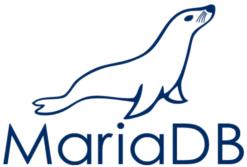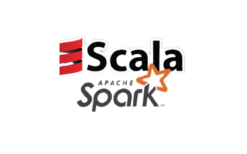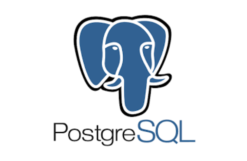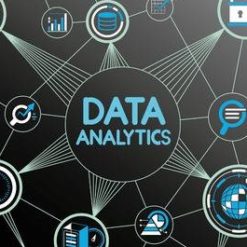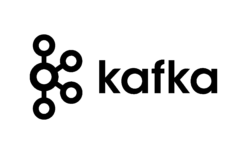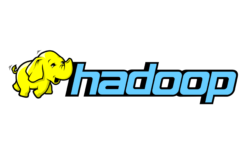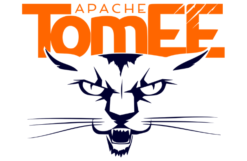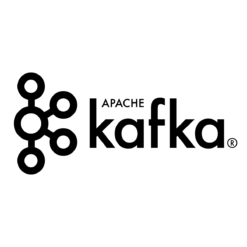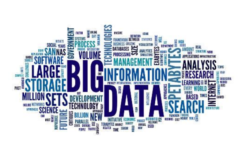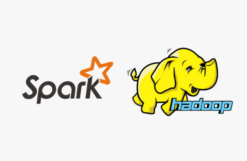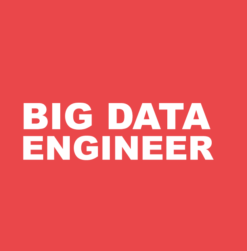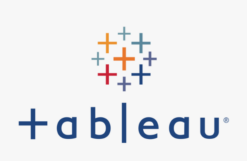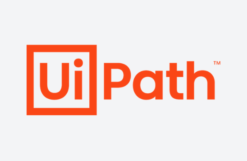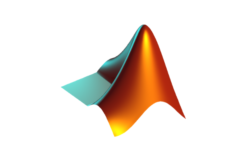Duration: 3 days – 21 hrs
Overview.
The Advanced Statistical Analysis Using IBM SPSS Statistics v29 Training course is designed to provide participants with in-depth knowledge and practical skills to conduct advanced statistical analysis using IBM SPSS Statistics software. This comprehensive training program covers advanced statistical techniques and methods that are commonly used in research, data analysis, and decision-making processes. Participants will learn how to apply these techniques using the latest version of IBM SPSS Statistics (v29) to gain valuable insights from their data and make data-driven decisions.
Objectives
- Understand the core concepts and architecture of Apache Spark.
- Set up and configure Spark for development and deployment.
- Write Spark applications using different programming languages (Scala/Python).
- Process large-scale datasets with Spark’s batch processing capabilities.
- Perform real-time streaming data processing with Spark Streaming.
- Implement machine learning algorithms using Spark’s MLlib.
- Utilize Spark’s graph processing capabilities with GraphX.
- Optimize and tune Spark applications for improved performance.
- Integrate Spark with other big data technologies like Hadoop, Hive, and Kafka.
- Apply best practices for building scalable and fault-tolerant Spark applications.
Audience
- Data engineers and developers
- Data analysts and scientists
- Big data professionals
- IT professionals interested in distributed data processing and analytics
Pre- requisites
- Basic knowledge of programming concepts and data processing
- Familiarity with the Linux command line interface
- Understanding of SQL and relational databases is beneficial but not mandatory
Course Content
Day 1: Introduction to Apache Spark
Module 1: Introduction to Apache Spark
- Overview of Apache Spark and its features
- Understanding Spark’s architecture and components
- Spark deployment modes: standalone, YARN, and Mesos
- Exploring Spark’s APIs and programming languages
Module 2: Spark Core and Resilient Distributed Datasets (RDDs)
- Introduction to Spark Core
- RDDs and their transformations
- Actions and lazy evaluation in Spark
- Developing Spark applications with Scala or Python
Module 3: Data Processing with Spark
- Data loading and saving in Spark
- Spark SQL: querying structured data with SQL and DataFrame API
- Spark DataFrame transformations and actions
- Joining and aggregating data in Spark
Day 2: Real-time Streaming and Machine Learning
Module 4: Spark Streaming
- Introduction to Spark Streaming
- DStream (Discretized Stream) operations
- Windowed operations and stateful transformations
- Building real-time streaming applications with Spark Streaming
Module 5: Machine Learning with Spark MLlib
- Overview of Spark MLlib (Machine Learning library)
- Feature extraction and transformation
- Supervised and unsupervised machine learning algorithms
- Model training, evaluation, and deployment with Spark
Day 3: Advanced Topics and Integration
Module 6: Graph Processing with GraphX
- Introduction to GraphX
- Building and analyzing graphs with GraphX
- Graph algorithms and graph computation with GraphX
Module 7: Spark Performance Tuning and Optimization
- Understanding Spark’s execution model
- Memory management and caching in Spark
- Parallelism and resource allocation in Spark
- Performance tuning techniques for Spark applications
Module 8: Integration with Big Data Ecosystem
- Integrating Spark with Hadoop and HDFS
- Spark Streaming integration with Kafka
- Spark and cloud-based big data platforms
- Spark and machine learning pipelines integration
Module 9: Real-world Use Cases and Best Practices
- Case studies of Spark applications in various industries
- Best practices for developing Spark applications
- Monitoring and debugging Spark applications
- Scalability and fault tolerance considerations



